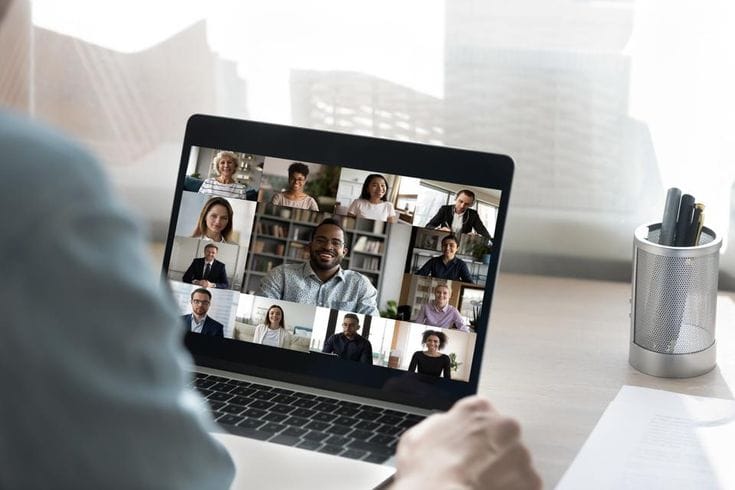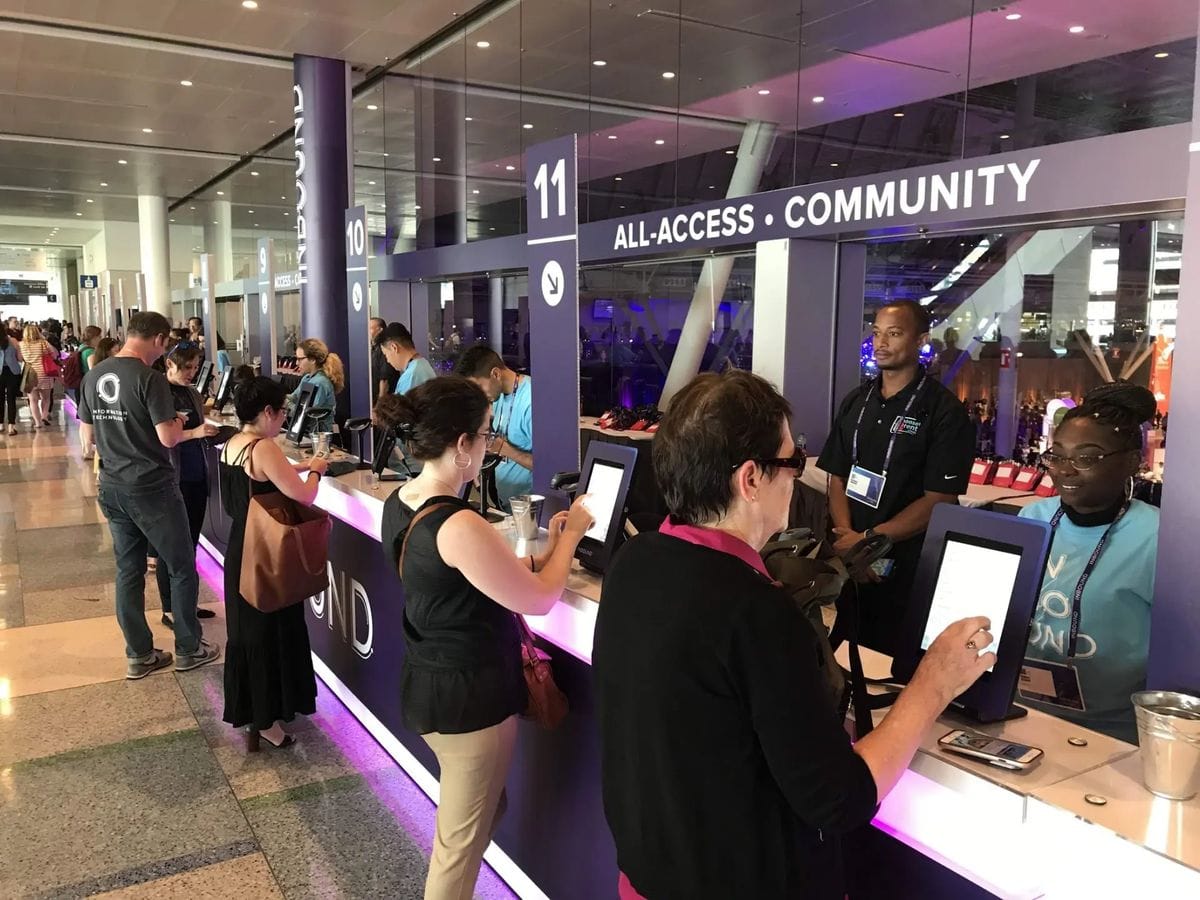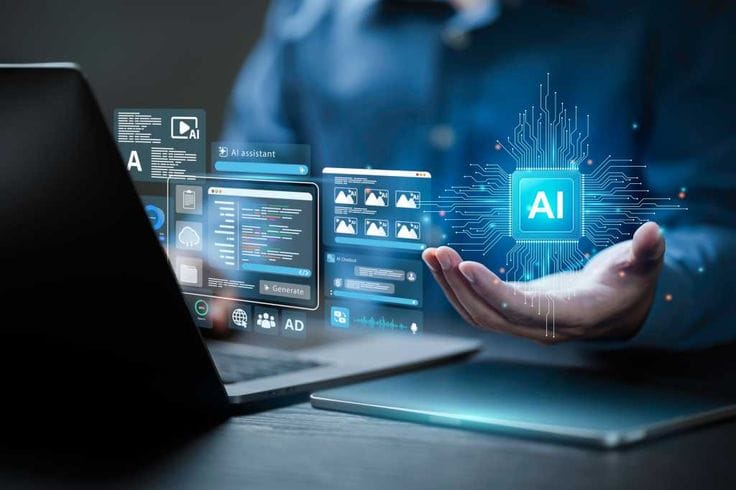By 2025, the event world will exceed its basic booths and keynotes and focus on developing enduring, strong, work-related communities. Today's event participants seek more than information since they seek meaningful connections. Events in 2025 achieve their primary success factor through their ability to create sustained engagement and involvement.
Brands that intend to sustain their market relevance use community-driven event marketing because people today value human-centric experiences above all else. The development of event communities has become mandatory for creating high-performing event strategies.
This blog explains why community development matters to the future of 2025 and reveals steps event planners need to follow to create and sustain online and offline communities to build brand advocacy among loyal participants.
Why Event Communities Matter in 2025
The limits of success measurement solely through ticket sales and event-day attendance no longer exist. Modern technology has enabled brands to develop miniature communities that unite members through mutual life purposes, common interests, and shared identity traits.
These vibrant communities:
- Mutual attendance coupled with brand loyalty action emerges as a result
- Generate organic promotion through word-of-mouth
- Boost net promoter scores (NPS)
- The platform should let users keep communicating after the event concludes.
Robust Event communities enable brands to maintain constant brand recognition throughout each year. The system at Venzi.ai has a chance to introduce communication solutions that help event organizers maintain post-event engagement with their audience. The main focus is event-time activities and the resulting effects beyond the event conclusion.
The event industry will face these three fundamental approaches to constructing communities by 2025.

1. Communities should begin their formation before event inception
You must initiate community creation projects well before your events launch. Planners should identify their attendees in advance through segmentation techniques alongside implementing engagement activities that begin before the first occasion. The build-up of excitement and the feeling of being an elite member occurs through initiating audience participation with restricted discussion platforms, special Discord chat channels, and selected email content before the event's launch.
To create anticipation about the event, organizers should launch an AMA session with keynote speakers, which takes place weeks before the launch date to attract attendees who want early interaction.
2. Use event technology tools from Smart Event to customize the experience.
Venzi.ai represents an AI-powered technology that delivers precise customization options for organizers to enhance attendee engagement. The analysis of three types of user data, including industry background as well as past conference participation and content engagement, lets platforms deliver:
- Tailored session recommendations
- Smart networking pairings
- Custom content libraries
At a fintech conference, the first-time founder will access special investor-matching events, whereas returning CTOs will receive customized blockchain infrastructure information. Event platforms enable better user satisfaction and increased audience participation through smart personalization options.
3. Focus on Two-Way Engagement
Today's audience seeks communication rather than one-directional speaking. The events should establish participation elements, which include:
- Live polls
- Crowd-sourced Q&As
- Peer-led panels
- Breakout rooms
Per our professional tip, you should allow attendees to participate in topic selection and speaker choices through your community platform. The participation of attendees makes them remain engaged. Allowing event participants to decide their personal experience level boosts their emotional connection and encourages future participation.
4. Build a Year-Round Content Ecosystem
The most popular events have now transitioned from being temporary single-time events. The events act as content centers to transmit webinars along with newsletters and social content between events through continuous engagement and relevance preservation.
Apply post-event analytics for user segmentation, which enables personalized follow-up procedures. The educational experience deepens through the delivery of session recordings, important takeaways, exclusive interview content, and whitepapers.
The automated workflows available through Venzi.ai enable staff to provide personalized attendee treatment based on their interaction levels, interests, and community participation history, thus delivering enhanced quality experiences while reducing staff workload by hundreds of hours.
5. Create Value-Based Micro-Communities
Multiple micro-communities should be formed by splitting your large audience into segments according to job position or location and shared motivations or membership affiliations. The communities deliver prolonged peer-to-peer value through relevant interactions, which lead to deep connections.
Examples include:
- Women in Tech circles
- Founder-to-Founder chat rooms
- Student mentor programs
- Geographic networking pods
LinkedIn announced in 2024 that focused interest groups brought in triple the engagement levels compared to standard community pages.
6. Empower Community Ambassadors
Search out the members in your community who lead the way the most and appoint them to be brand ambassadors while making them group leaders. Your community will profit from members who regulate panel discussions, assist with online group chats, and handle social media brand representation.
The grassroots support system creates both an active and humanized community experience when major events are absent. The influence of these members creates better trust with community newcomers while helping them join the community at the same time.
Examples of Brands Doing It Right
- SaaS Annual developed a permanent Slack community with more than 20,000 SaaS experts who gain access to continuous peer learning resources and ongoing content.
- Users find creative challenges each year at Adobe MAX, and content drops spread across the year, connecting them with an actively developing system.
- Notion invites participants to their annual event to organize superuser community groups and local events around the globe.
Brands that build strong communities transform single-use participants into permanent promoters who become devoted customers.

How Venzi.ai Supports Community-Led Events
Venzi.ai provides organizers with fundamental capabilities to construct communities and automated management to grow their communities with limited human intervention sustainably. The platform offers event-stage-specific tools to engage audience members before, during, and after the event.
- The implementation of personalized invitations and smart segmentation should occur before the event.
- Event participants can benefit from session recommendations, automatic participant matching, and interactive live experiences.
- The Event Completion Phase Involves Automating Follow-up Communications That Send Content And Perceive Audience Behavior Changes For Nurturing Needs
Venzi.ai users can graduate from holding single events to establishing continuous online community domains.


